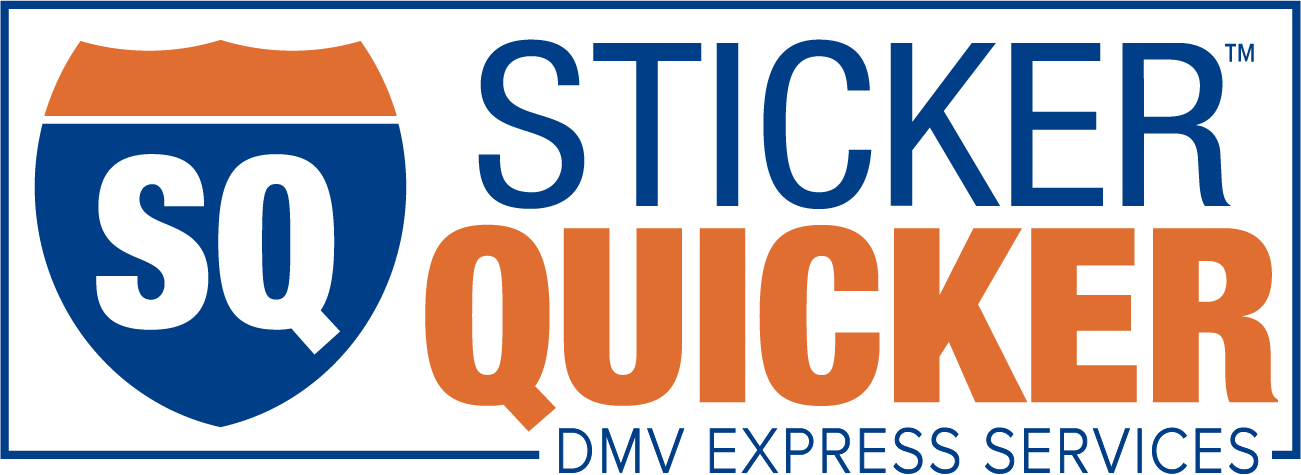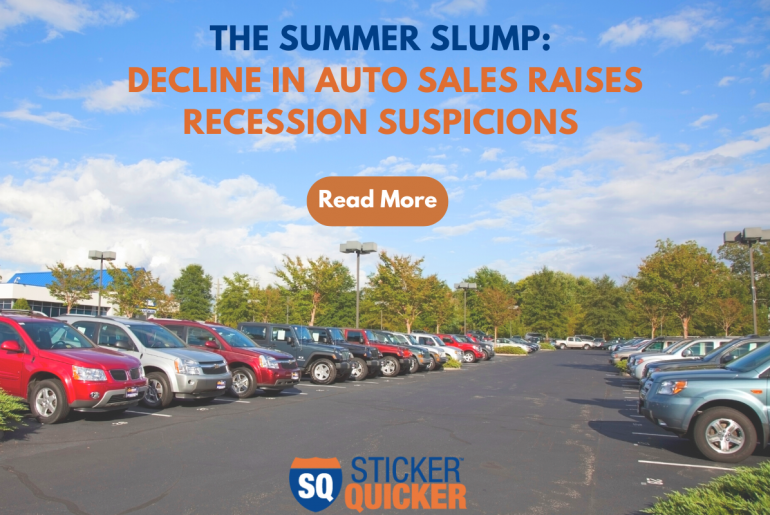Financial analysts across the country are attesting that recent declines in car sales are synonymous with the rise of a recession. Huge firms like Bloomberg have been closely analyzing the drop in sales to be caused by high prices, low inventories and miscalculated forecasts. Especially in recent months, it seems as though Bloomberg and other suspicious analysts may be on to something.
In May of 2022, car sales dropped 11% from April and the total amount of vehicles sold rounded to about 12.8 million, and this is conducive with seasonally adjusted annualized rates. To further emphasize the drop in sales, this was the lowest metric recorded since December of 2021 and the causation seems to be rooted in a shortage of semiconductors, high prices, and rising inflation. Furthermore, with demand outweighing supply, an array of shortages in global commodities serve as a huge obstacle for car companies. Some other causations that are creating supply-chain disruptions include chips shortages, shipping blockades, and continuations of COVID-19 breakouts, as they still plague businesses when employees contract the virus. Yet, even if automakers show signs of supply-chain resilience and increased inventories, there are still prominent threats of a recession following this chain of events.
But why does a recession spark such high concern for the auto industry? Well, data suggests that even with proper demand, a recession would maintain low sales rates like the one we saw in May; hinting at a new national average per month at approximately 12 million. And that is the thing, not only are financial analysts predicting a downturn in sales, analysts for companies like Daiwa predicted that they were cutting their seasonally adjusted annual rate by a million dollars; dropping from 16 to 15 million in 2022. Furthermore, it is a-typical for May to be a time when car sales increase. However, this year, this was not the case. A lot of analysts believe the fear to purchase outweighs the want to buy and if the economy continues to experience such a downturn and gas prices remain wildly expensive, the fear of purchase will prevail. This then places demand and supply forecasts at risk if inaccurate sales metrics are recorded, as some automakers have already experienced. With buyer trends being a huge macroeconomic indicator of business’ success; stock prices may fall, companies may have to finance their debt, and demand will continue to decrease.
In addition to referencing sales metrics, analysts at Barron’s Take are also hinting at a recession. However, their focus is on subjects like inflation and the Federal Reserve is offering stricter monetary policies; which both align with the cyclical economic recession. The financial analyst firm also noted that car stocks will be hit pretty hard, putting automakers on their toes as suspicions of an economic downturn surface.
Other economists, such as employees at Wells Fargo state that there is a heightened chance of a recession taking place, which they deemed a 30% likelihood. In economic history, declination in auto sales are often preemptive to recessions as consumers fear purchasing new vehicles and demand declines. And to make matters worse, sales metrics across the country are already down. Colin Langan, an analyst who specializes in automotive trends attested to the fact that “we are already showcasing rates that reflect a recession.” Furthermore, sales metrics focusing on light-vehicles totaled at approximately 6.63 million units in the fourth quarter of 2022, which were the same in the first quarter of 2021. Thus, this metric highlights the stagnance in the industry. Meanwhile, it is also important to note that these totals are almost 20% lower than volumes in the past, dating all the way back to pre-COVID19, in 2019.
Next, in accordance with the drop in demand, Wells Fargo believes that lower prices are also a possibility; especially for companies like Ford and General Motors. Due to the influx of challenges, not only are new cars reaching record prices, but used-car prices are experiencing the same increase. Analysts from CarMax stated that a “40% annual jump in used-car prices was posted as of February 2022, the fourth quarter of the company’s fiscal year.” And to make matters worse, their stock earnings came in at about 98 cents per share. Meanwhile, Wall Street expected the company’s earnings to be about $1.27 a share. Thus, just like so many other firms, CarMax’s expenses surpassed the forecasted totals, which also included an influx of debt to the company as CarMax finances a portion of its vehicle sales.
And as far as the stock market goes, Ford and General Motors shares are down increasingly; being represented by a 26% downturn for Ford and a 31% decrease for GM. Thus, as of April, both companies were forecasted to be about 7% to 6% worse off than they were in 2021. However, the forecasts originally determined now seem satirical if you look at the reality of current slumps in shares.
Considering buyers’ fears, firms failing to meet forecasts (or underperforming), inflation, the lingering impacts of COVID-19, supply-chain issues, and high gas prices, right now the automaker industry seems as though they are in trouble. All of these economic factors and social trends come together to form the perfect storm. If rates continue to remain stagnant and stock earnings continue to fall, both people and businesses will suffer immensely.
Although we often study historic economic trends referencing car sales, automobile production rates, and gas prices, it is inevitable that all of these factors are implications of a potential recession. Especially, considering the fact that this is not just a concern of auto industry analysts; the fear of a recession has been signaled by financial services whose expertise is focused elsewhere.
To prepare for difficult nationwide economic downturns, it is important to properly manage your personal finances and to stay informed on market trends, whether that be through the auto industry or otherwise. Here at StickerQuicker, we utilize turns in the automobile industry as a way to indicate how the economy across the country is performing. We also use our company’s service to save you time, money, and stress in times of economic distress. Remember to stay informed and if you want more information like this, our blog is often producing informative and helpful content. Stocks are slumping, prices are rising, and recession suspicions are up. Be sure to come back to see where the rest of the year takes us.
Works Cited:
https://wardsintelligence.informa.com/
https://www.barrons.com/articles/gm-ford-stock-recession-51649774339






